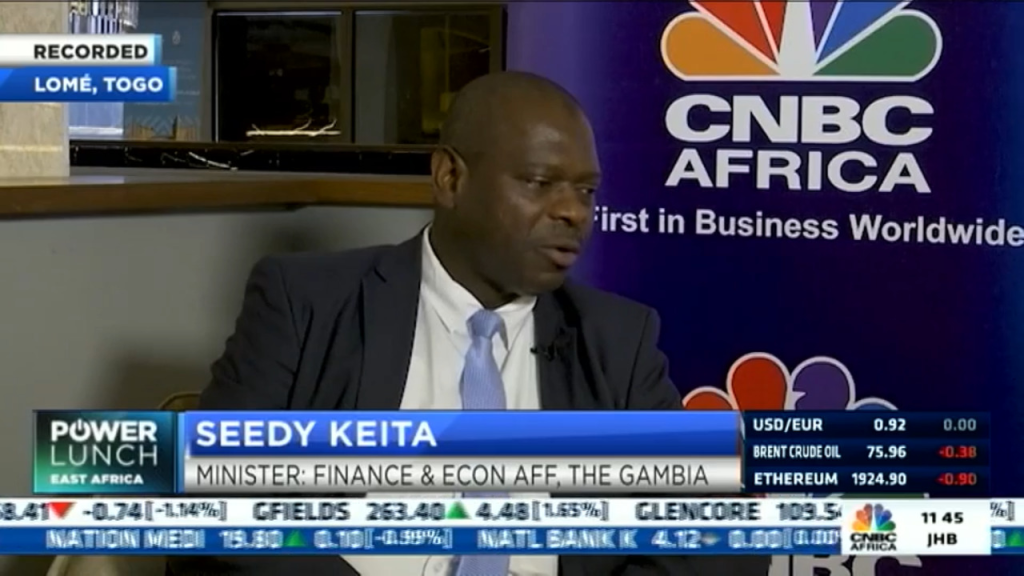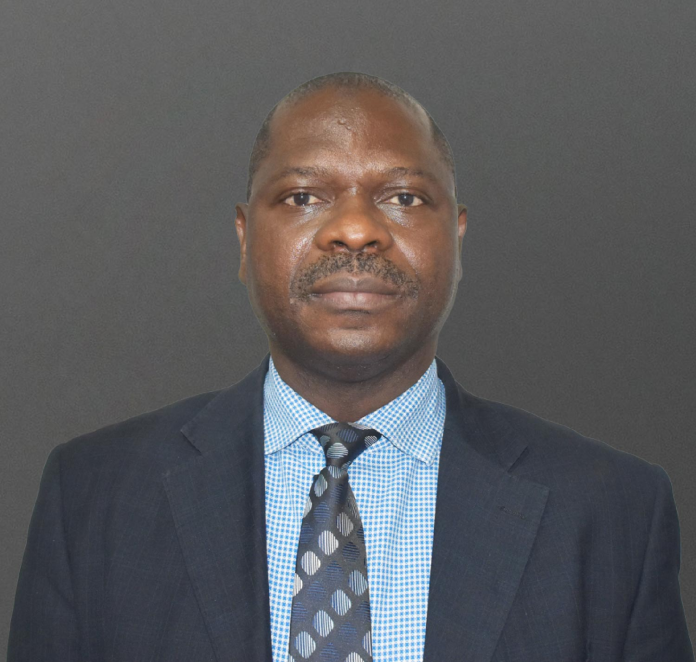
Nuha Ceesay, a Gambian finance system specialist and PhD research fellow based in the UK, has written an open petition to the Public Petitions Committee of the National Assembly over what he called flaws in the mortgaging of the Senegambia Bridge.
Last Friday Finance Minister Seedy Keita announced on CNBC Africa that the government of the Gambia has signed a $100 million agreement with Africa50, an infrastructure investment platform founded by the African Development Bank (AfDB) and African states, to manage and operate the Senegambia Bridge, a major crossing point connecting the south and north banks of the River Gambia.
The minster further said the agreement is an innovative financing mechanism whereby public assets are now put in private management under asset recycling and the cash flows that are coming from there will be used towards generating additional infrastructure assets.
However in his petition to the Assembly Public Petitions Committee chairman, Swaibou Touray, shared with The Standard, Mr Ceesay wrote: “These agreements are flawed in a number of fronts. Firstly, the agreements were signed in complete contravention of section 155 sub sections 2 and 3 of the 1997 constitution of the Gambia which states that any loan, because this is a loan, shall be laid before the National Assembly. Secondly, there is no consideration from the government about the long-term revenue loss to the country. I believe that the minister of finance did not take into consideration or even carefully evaluate the financial implications of putting Senegambia Bridge as collateral to secure $100 million funding. The Senegambia Bridge currently brings in revenues of between D9 million and D15 million every month and this equates to at most D180 million per annum”.
According to Mr Ceesay, the minister mentioned that the funds would be used for infrastructure development without indicating how he would substitute the loss of D180 million per year. “I know the only option left with the government is to issue more treasury bills among others to meet their recurrent expenditure needs. This means more borrowing adding to the already bloated debt stock of over D100 billion (D102bn per April 2023 figures)”, he said.
Ceesay noted that another flaw in the agreements is that the government has no effective regulatory frameworks and governance structures, which are essential to ensure appropriate oversight, risk management, and accountability in this asset recycling processes, which explains why they never showed any respect to the National Assembly by blatantly abrogating the spirit and letter of section 155 of the Constitution.
“Honourable Touray, despite empirical, speculative and theoretical evidence dictating that strong regulations and safeguards are necessary to protect public interests, prevent monopolistic practices, and ensure adequate service provision, this government has proven time and again that they don’t have it in them to serve the Gambian public adequately,” Ceesay said.
He further revealed that in any infrastructure endeavour, there is the need to consider potential social and environmental impacts and that infrastructure projects resulting from asset recycling should adhere to sustainability principles, address environmental concerns, and prioritise social benefits.
“There is evidence that the mortgaging of Senegambia bridge will result in increases in toll charges and potential job losses,” Ceesay said, and then asked the National Assembly committee to take the following actions: summon the finance minister to explain why he flaunted section 155 sub-sections 2 and 3 of the 1997 constitution; demand that the minister publish for public consumption the sensitivity analysis if any they have performed to arrive at this valuation of the bridge and conclude that US$100 million is the current value of the bridge; apply the powers vested in you as the sixth legislature to take action against those who are involved in this day light robbery; apply the provisions of section 155 sub-section 3 of the constitution and declare these agreements null and void in accordance with the constitution of the Gambia; demand a public apology from the finance minister for giving you false information when he stated that the total public debt of the Gambia as at end of year 2022 was D9 billion when actually, he submitted to the World Bank that the true figure was D101 billion”.
By Omar Bah


